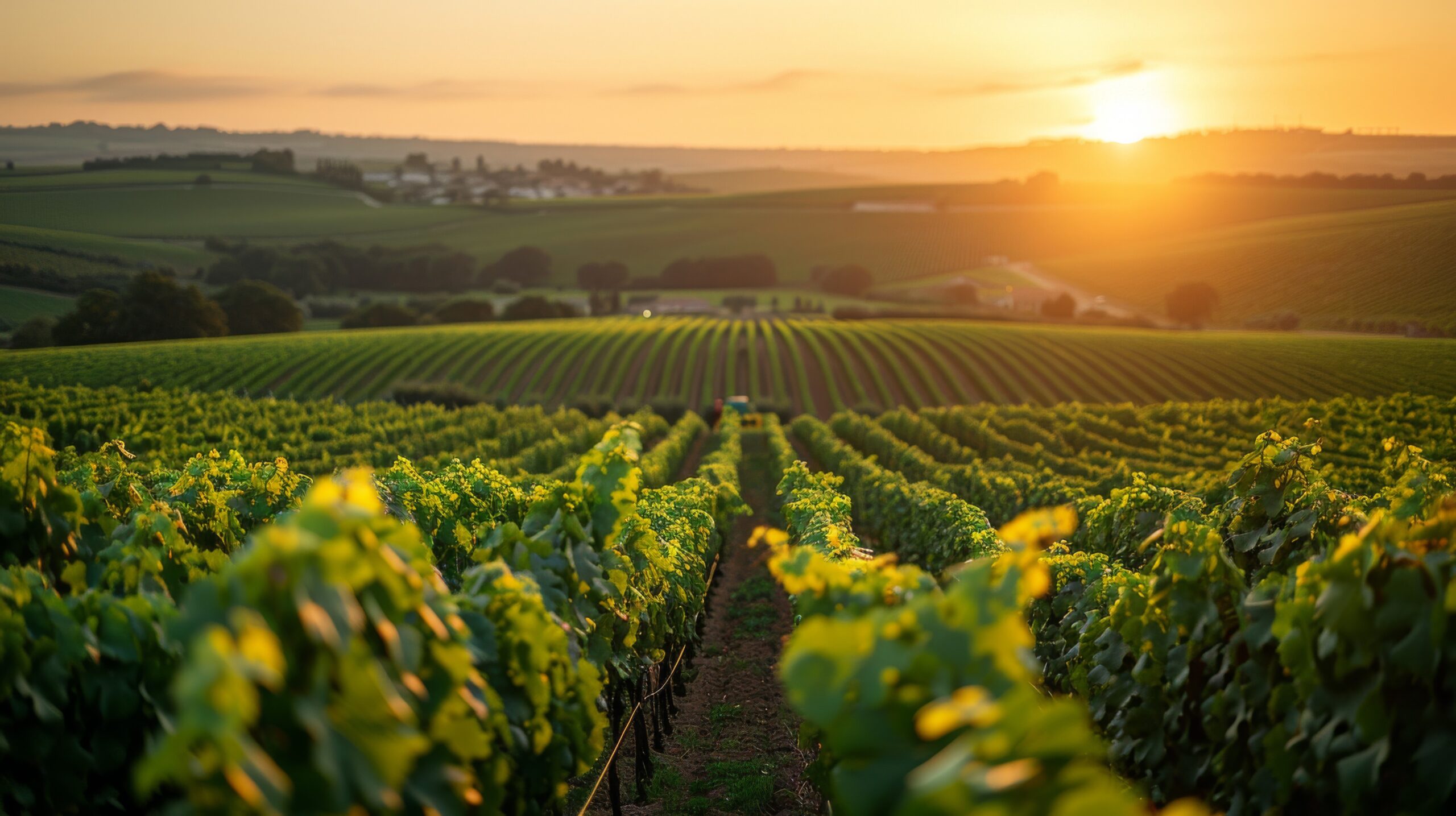
Today’s agricultural landscape is plagued by multiple, interconnected problems—depleting soil fertility, soaring costs of chemical inputs, increasing environmental damage, and a rising demand for healthier food. At Bio.SoilZ, we recognize these pressing issues and offer a powerful solution rooted in nature and science to create a more sustainable and resilient farming future.
Key Challenges in Modern Agriculture:
-
Soil Degradation and Fertility Loss
-
Excessive chemical use has stripped soils of vital nutrients and beneficial microbes.
-
Erosion and declining organic matter weaken soil structure and productivity.
-
Soil salinity and alkalinity are worsening, especially in dry regions.
-
-
Dependence on Chemicals
-
Overuse of synthetic fertilizers and pesticides harms ecosystems and health.
-
Pest resistance is rising due to chemical overexposure.
-
-
Water Scarcity & Mismanagement
-
Agriculture consumes a major share of freshwater, often inefficiently.
-
Poor irrigation and climate variability exacerbate water shortages.
-
-
High Farming Costs
-
Inputs like fertilizers and seeds are becoming increasingly expensive.
-
Small farmers face shrinking margins and financial instability.
-
-
Biodiversity Decline
-
Monoculture farming reduces ecosystem diversity and increases pest risks.
-
Pollinator loss and soil organism damage threaten crop health.
-
-
Climate Change Impacts
-
Irregular weather patterns, floods, and droughts disrupt farming.
-
Carbon emissions from conventional agriculture worsen climate conditions.
-
-
Falling Crop Yields
-
Depleted soils and pest resistance lead to reduced harvests.
-
Compacted soils hinder root development and nutrient absorption.
-
-
Food Quality and Security Issues
-
Chemical-laden agriculture produces food with lower nutritional value.
-
Global hunger and malnutrition persist despite food abundance.
-
-
Farmer Debt and Financial Struggles
-
Many farmers are caught in debt due to reliance on costly inputs.
-
Large agribusinesses dominate markets, limiting smallholder growth.
-
-
Land Degradation and Desertification
-
Unsustainable practices are turning fertile land into deserts.
-
Fragile ecosystems are being destroyed in the race to expand farmland.
-
-
Limited Access to Regenerative Solutions
-
Many farmers lack education and access to sustainable practices.
-
Misconceptions and subsidies for chemicals slow the shift to better alternatives.
-
Modern agriculture faces escalating challenges such as soil degradation, chemical overuse, climate change, and rising input costs. Bio.SoilZ addresses these issues through a sustainable, science-based approach that restores soil health, reduces dependence on chemicals, enhances crop yield, and promotes environmental regeneration—empowering farmers to cultivate more resilient, nutrient-rich crops while ensuring long-term profitability and food security.
Bio.SoilZ – A Game-Changing Solution
1. Reviving Soil Health
-
Restores microbial life and improves soil structure and aeration.
-
Increases water retention and balances pH naturally.
-
Reduces compaction for healthier root growth.
2. Boosting Yields Naturally
-
Delivers essential nutrients without synthetic fertilizers.
-
Encourages strong root systems and disease resistance.
-
Enhances nutrient uptake and overall plant vitality.
3. Lowering Chemical Dependency
- Replaces or reduces need for fertilizers, pesticides, and fungicides.
- Revitalizes damaged soils and cuts input costs.
4. Improving Crop Quality
-
Increases nutritional value and strengthens natural immunity.
-
Enhances taste, texture, and shelf life of produce.
5. Driving Environmental Sustainability
-
Promotes biodiversity and reduces erosion.
-
Sequesters carbon and minimizes water waste.
-
Prevents chemical runoff and protects aquatic life.
6. Boosting Farm Profitability
-
Reduces input costs while increasing yields and market value.
-
Empowers farmers to generate more income with fewer resources.
7. Supporting Land Restoration
-
Enables cultivation in arid, degraded, or desertified lands.
-
Aids in reforesting and reclaiming barren soil.
8. Offering Scalable Farming Solutions
-
Works across small farms, commercial agriculture, and greenhouse systems.
-
Adaptable to diverse crops and regenerative models like permaculture.
9. Empowering Communities & Business Growth
-
Creates jobs and business opportunities through distribution and franchising.
-
Helps expand global access to regenerative agriculture.
10. Enhancing Food Security
-
Increases productivity in low-resource areas.
-
Lowers food production costs and promotes nutrient-dense diets.
11. Providing Training & Education
-
Conducts trials and provides ongoing support to maximize impact.
-
Equips farmers with knowledge on soil biology and application techniques.

Comments are closed